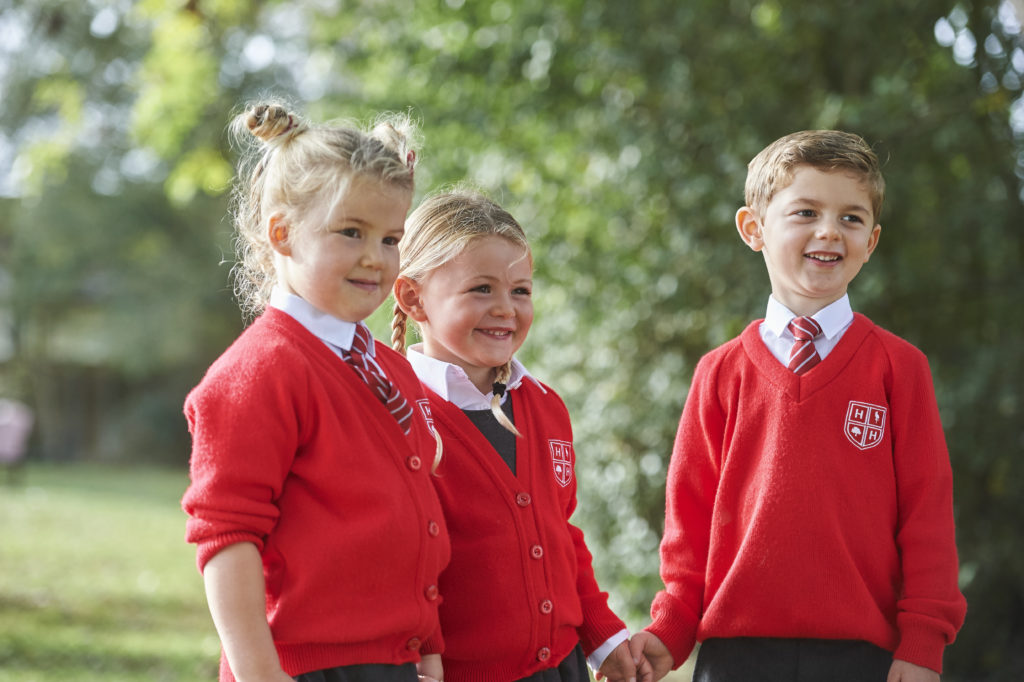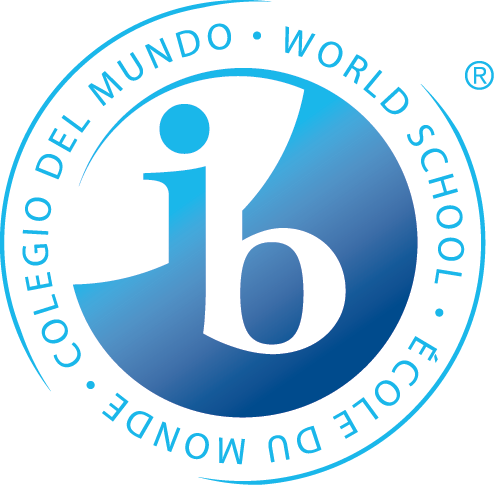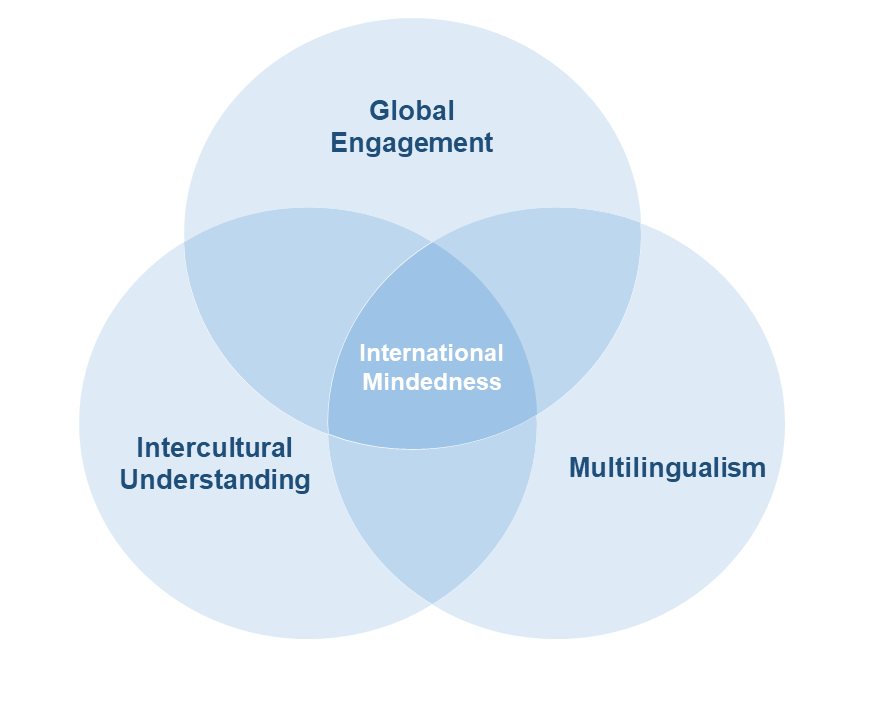Our aim is to provide our children with an engaging, exciting and empowering curriculum that equips them for today and tomorrow. At Leigh Academy High Halstow the curriculum is designed to recognise children’s prior learning, provide first-hand, engaging learning experiences, allow the children to develop interpersonal skills, build resilience and become creative, critical thinkers.
Every child is recognised as a unique individual. We celebrate and welcome differences within our school community. The ability to learn is underpinned by the teaching of basic skills, knowledge, concepts and values with a vision to prepare them for life beyond primary school. We constantly provide enrichment opportunities to engage learning. We believe that childhood should be a happy, investigative and inquiring time in our lives, where there are no limits to curiosity and there is a thirst for new experiences and knowledge. The IB learner profile attributes are used to promote positive attitudes to learning which reflect the values and skills needed to promote responsibility for learning and future success. Community involvement is an integral part of our curriculum, inviting families and visitors to participate in learning and share experiences such as assemblies, Open Classroom and PTA events.
Our aim is that every child leaves Leigh Academy High Halstow with a sense of belonging to a tightly knit community where they have a growing confidence and skills to make decisions, self-evaluate, make connections and become lifelong learners.
The introduction of the IB PYP has ensured that the central idea and lines of inquiry followed by the children provide rich opportunities for deeper thinking, questioning and knowledge acquisition. By guiding the children to come up with the paths of learning they wish to follow, we are empowering them to make decisions, ask questions and feel confident to lead their learning.
The whole school follows the same transdisciplinary theme each module and learner profile attributes are explored further through assemblies. This is also underpinned by SMSC development and opportunities to celebrate British Values within assemblies. All subject areas, if possible, are taught through lines of inquiries and enable pupils to deepen their knowledge through thorough research and application. However, when necessary Maths and English skills are taught discretely.
International Baccalaureate Learner Profile Attributes

Knowledgeable

Caring

Thinkers

Open-Minded

Communicators

Inquirers

Risk Takers

Balanced

Reflective

Principled






